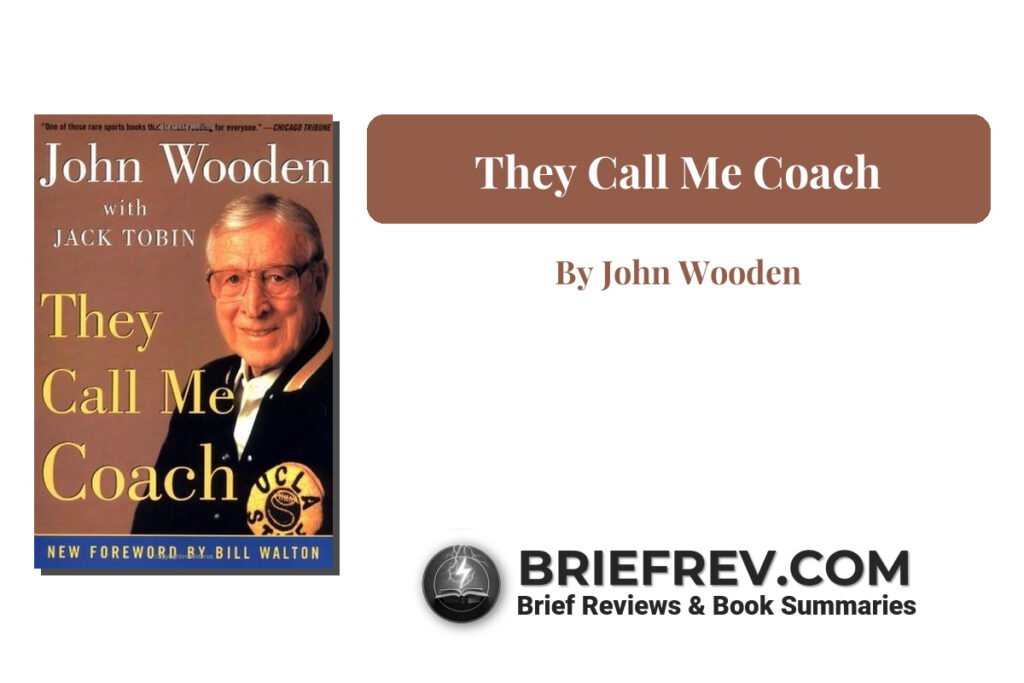The Life and Times of the Thunderbolt Kid: A Nostalgic Journey Through 1950s America
By Bill Bryson
Introduction
At its heart, The Life and Times of the Thunderbolt Kid is a love letter to a bygone era—a time when life seemed simpler, childhood was filled with wonder, and the world was still discovering itself. Bill Bryson, with his signature wit and warmth, invites readers to step into the golden glow of 1950s America, not through the lens of history books, but through the eyes of a curious, mischievous boy growing up in Des Moines, Iowa. The central theme of the book is memory—how it shapes us, comforts us, and sometimes deceives us. Bryson’s memoir is not just about his own childhood; it’s about the collective nostalgia of a generation and the universal experience of growing up.
What the Book Covers
The Life and Times of the Thunderbolt Kid is a memoir that blends personal anecdotes with cultural commentary, offering a vivid portrait of mid-20th-century American life. Bryson recounts his upbringing in the 1950s and early 1960s, a period marked by postwar optimism, economic prosperity, and a burgeoning consumer culture. Through humorous and often poignant stories, he captures the essence of childhood in a time when kids roamed freely, television was a novelty, and the future seemed boundless. The book is ideal for readers who enjoy memoirs, social history, or simply a good laugh. It appeals especially to those who lived through the era or are curious about what life was like before the digital age.
Key Insights
One of the most compelling insights from the book is the contrast between the freedom of childhood in the 1950s and the more structured, supervised lives of children today. Bryson recalls wandering the neighborhood for hours, unsupervised and unbothered, a level of independence that seems almost unthinkable now. This freedom fostered creativity, resilience, and a sense of adventure that defined his generation’s youth.
Another powerful theme is the role of imagination in childhood. Bryson introduces his alter ego, the Thunderbolt Kid, a superhero persona he invented to cope with the frustrations and limitations of real life. Through this character, he explores how children use fantasy to make sense of the world and assert control over their environment. The Thunderbolt Kid becomes a symbol of youthful defiance and the boundless possibilities of the imagination.
Bryson also offers a sharp, often humorous critique of 1950s American culture. While he fondly remembers the era’s optimism and innovation, he doesn’t shy away from its contradictions—rampant consumerism, racial segregation, and the looming threat of nuclear war. His reflections remind readers that nostalgia should be tempered with honesty, and that even the “good old days” had their flaws.
The memoir also highlights the importance of family and community. Bryson’s parents, both journalists, are portrayed with affection and humor, and his stories are filled with colorful neighbors, eccentric relatives, and childhood friends. These relationships form the emotional backbone of the book, illustrating how a sense of belonging shapes our early experiences and memories.
Memorable Quotes
“Life in the 1950s was undeniably good in many ways. But it was also a time of breathtaking dullness.”
“I was, in short, a child of my time. I had everything I could possibly want—except, perhaps, perspective.”
Why This Book Matters
The Life and Times of the Thunderbolt Kid matters because it captures a moment in American history with both clarity and charm. In an age of rapid change and digital overload, Bryson’s memoir offers a pause—a chance to reflect on the values, quirks, and rhythms of a different time. It reminds readers of the joys of unstructured play, the power of imagination, and the enduring importance of community. For those who lived through the 1950s, it’s a delightful trip down memory lane. For younger readers, it’s an engaging window into a world that helped shape the one we live in today. Bryson’s storytelling is both personal and universal, making this book a rewarding read for anyone interested in the human experience across generations.


